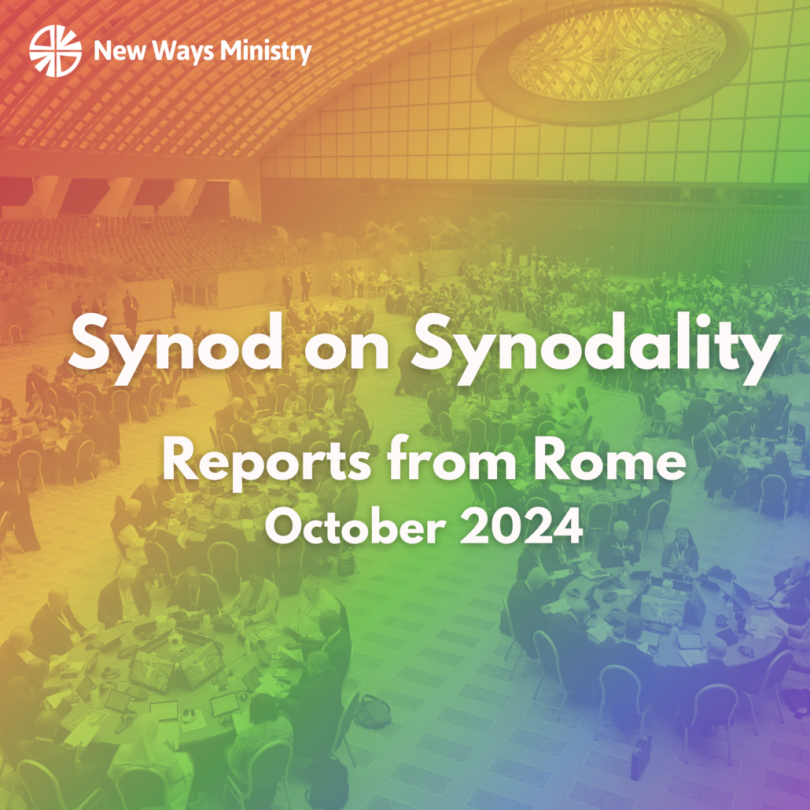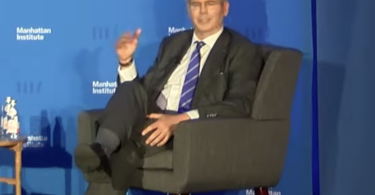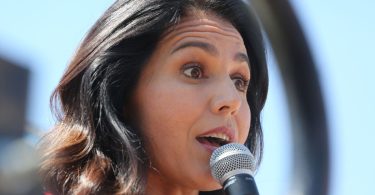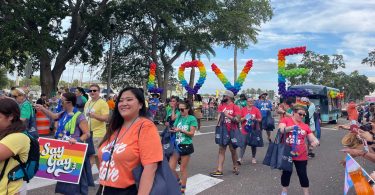ROME—Today’s post is a round-up of how Catholic LGBTQ+ advocates and other reform-minded faithful have responded to the closing of the Synod of Synodality. To read New Ways Ministry’s statement about the Synod’s Final Document, click here.
LGBT+ Catholics Westminster acknowledged that the Synod’s final document “failed to use the LGBT+ acronym,” but praised the recognition in paragraph 50 that some people continue to feel pain by being excluded because of “marital situation, identity or sexuality.” The group’s response continued:
“The Report emphasises the plurality of contexts (Paragraphs 18-20) in which the Church is called to respond to the diversity of needs among the people of God. A key principle of subsidiarity underpins much of what the Report proposes in developing the Church’s pastoral ministries and inclusion of those who have been marginalised in Church and society. It also notes the authority of the local Church in developing present and future paths of pastoral and doctrinal reflection on so-called ‘controversial topics’.”
DignityUSA said in a statement that the Synod document “will disappoint and frustrate many who participated in and followed the worldwide process,” including pro-LGBTQ+ Catholics. Marianne Duddy-Burke, executive director, commented further:
“Many Catholics are already deeply engaged in working for a more just and inclusive church, for LGBTQIA+ people, women, migrants, people with disabilities, and so many others who do not feel fully at home yet. We encourage people to keep doing this vitally important work, in parishes and independent Catholic communities. If our church can truly be open to the kind of synodal changes the report calls for we will see more equity and better pastoral care over time.”
Fr. James Martin, SJ, a delegate at the Synod assembly, praised the outcome on Outreach as a positive step for LGBTQ+ people. Martin offered seven points for why this Synod was actually good for LGBTQ+ issues, which overall sprang from his statement: “I was surprised to find the conversations about LGBTQ Catholics much friendlier, much more relaxed and much more open this year.”
Among his points, Martin defended the removal of “controversial” issues to study groups, which made it “easier to have open and friendly conversations about the topic.” He said that not using the term “LGBTQ” helped because it “seemed to enable people to listen more,” as some see the term as “incendiary.” He also suggested “there may have been some conversion happening,” as delegates who were skeptical last year were now friendlier to him and asked good-faith questions. Martin concluded, in part:
“[T] here is a general consensus that the church needs to reach out to LGBTQ people, even if the term is not used. (Frankly, the inclusion of the word ‘identity’ [in paragraph 50] was a pleasant surprise to me.)
“Second, over the past two years, more than 350 Catholic leaders from around the world—cardinals, archbishops, bishops, priests, men and women religious, lay leaders—may have heard about LGBTQ people in ways that they hadn’t before. That is surely to the good.
“Third, thanks to the Synod, the topic is now more ‘on the table’ for the universal church. It will take time for the topic to ripen in certain cultures and dioceses, but the topic is now more ‘out.’”
Mary McAleese, the former president of Ireland, responded by calling the Synod document “one big wordy yawn signifying absolutely nothing,” adding, in part:
“There is nothing in the report that could not have been written in a half day by DDF before the synodal circus started. The Magisterial Church and its cohort of courtiers is now on course to bore the faithful to death peddling this awful trite protectionist waffle every word designed to avoid acknowledging the full God ordained equality of all Church members. The outcome reminds me of a recent two year diocesan synod in Ireland the main recommendation of which was that there should be a cup of tea after mass. It has more merit than the final report of the Synod on Synodality.”
The Women’s Ordination Conference said in its statement that the Synod document was “an insufficient and disappointing response to the multi-year process meant to respond to the needs of the church today.” The organization makes a point about ordination for women that could apply similarly to LGBTQ+ issues:
“Endless ‘study’ on the subject of women is a patriarchal stalling tactic by ordained men to maintain the status quo. Ordained men decide the parameters and pace of synodality, and when the time is ‘ripe’ for women’s ministries. And they do so at an incalculable cost. The church has lost generations of women who endured the pain and humiliation of having to prove the validity of their calling. How long must women wait? Or more consequentially: Will women wait?”
We Are Church International, a coalition of church reform groups, issued a statement saying there “no equality found at Synod,” continuing:
“Despite high initial hopes for the Synodal process, it reverted back to the patriarchal Father-knows-best hierarchical model. There is no agreed process for the selection and participation of laity and in particular women at future Synods. Taking the 10 Study topics out of the Synod and excluding the discussion of women in ordained ministries totally undermined the Synodal Process. The urgently needed reforms in our church will come from local communities and churches and not from Rome. The decentralisation proposals in the final Synod document may facilitate these reforms.”
John Allen, Jr, editor of Crux, wrote an analysis on why the Synod did not lead to major change as many hoped—or feared—but instead ended with “a basically cautious and non-revolutionary result.” Allen explains:
“One explanation may be that the more conservative minority in the synod punched above its weight, another a general fatigue among participants with the arguments that erupted last time and a desire to end on a pacific note. Mostly, however, one has to say it was Pope Francis who steered the synod toward this soft landing, taking most of the hot-button issues off the table and sending signals that he wanted the focus to be on the journey, not the destination. . .
“Perhaps, although there is another perspective to consider. In a deeply divided and polarized age, the fact the Catholic church could stage such a massive consultative exercise and still somehow manage to hold everyone together at the end, even if no one’s fully satisfied, has to rate as a minor miracle – and, come to think of it, maybe not so minor after all.”
Cardinal Jean-Claude Hollerich of Luxembourg, the Synod’s relator general, offered these words to Catholics in the pews:
“They will see with time a Church where they count, where they are important, where their talents, their gifts, their life experience, are important because they belong to the people of the baptized.”
One final noteworthy response is from Pope Francis. As the General Assembly concluded, with the Final Document having been approved, the pope announced that rather than issuing his own post-Synod teaching document, as is customarily done, he accepted the Assembly’s document as magisterial teaching. Francis explained:
“I do not intend to publish an Apostolic Exhortation, what we have approved is sufficient. There are already highly concrete indications in the Document that can be a guide for the mission of the Churches, in their specific continents and contexts. This is why I am making it immediately available to everyone, it is the reason I said that it should be published. In this way, I wish to recognize the value of the synodal journey accomplished, which by means of this Document I hand over to the holy faithful people of God. . .
“The Document is a gift to all the faithful people of God, by the variety of its expressions. It is obvious that not everyone will set out to read it. It will largely fall to you, together with many others, to make what it contains accessible in the local Churches. The text, without the witness of lived experience, would lose much of its value.”
—Robert Shine (he/him), New Ways Ministry, October 29, 2024







